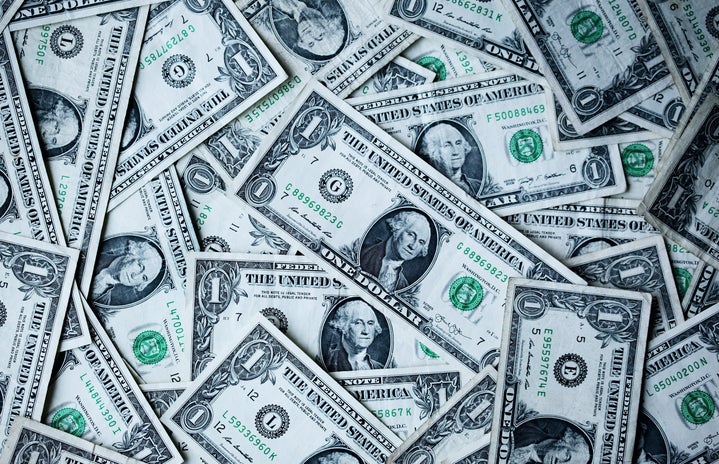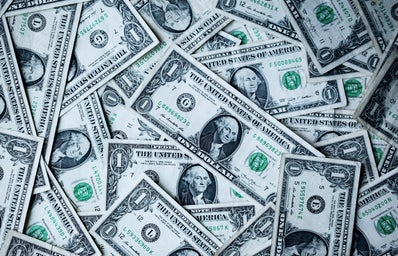It’s no secret that people are not paid equally in America. It’s also no secret that the people who aren’t getting fair wages are oppressed groups of intersecting identities. The Equal Pay Act of 1963 “requires that men and women in the same workplace be given equal pay for equal work. The jobs need not be identical, but they must be substantially equal. Job content (not job titles) determines whether jobs are substantially equal.” Although this act has been in place for over four decades, equal pay has not yet been achieved in the United States.
We often hear white feminist discourse surrounding and at the forefront of the conversation regarding the gender wage gap as well as other issues that should be intersectional, which ignores people of intersecting identities who suffer the most from unequal pay and pay discrimination. Although they still fall short, white women earn the most to white men—79 cents to the dollar. You can read more about that along with other statistics on other specific gaps here. The wage gap is most significant for women of color. Black and Hispanic women are most affected by the wage gap, especially when compared to non-Hispanic white men, who make up the largest demographic segment of the workforce. You can read more about this and other unequal pay statuses here. According to thetaskforce, “women in same-sex couples have a median personal income of $38,000 compared to $47,000 for men in same-sex couples.” And according to American Progress, “One study found that the earnings of female transgender workers fell by nearly one-third following their gender transitions.” Along with unequal pay on the basis of these identities, people are discriminated against in many more forms outside of the workplace that affect their overall wellbeing in the workplace.
So, how is this ever going to be solved? Some suggest raising the minimum wage, pay transparency, universal health insurance, including family and medical leave, pay negotiation, fair positions and promotions, etc. This is not up to the individual, and most solutions never will be. It is up to the companies, unions, and government we live under. A capitalist economy thrives off of our suffering, our unequal pay. According to American Progress, “At the current pace, women are not estimated to reach pay parity with men until 2059.”
In the face of COVID-19, many people have been laid off from their jobs, or have been forced to work remotely. According to Payscale, “Women make up a larger percentage of occupations in Community & Social Services, Education, Library & Training, Office & Administrative Support, and Personal Care & Services, which are more likely to be suspended, laid off, or forced to work reduced hours. Women are also more likely to have to take time off work, or even resign their positions, in order to care for children who are no longer in school as well as other family members.”
Gender discrimination comes in many forms, especially for identities belonging to someone’s race, ehtnicitity, sexual orientation, religion, socioeconomic status, ability, gender identity, etc. Although most, if not all, workplaces declare they do not discriminate based on these intersections, most women have experienced unwanted sexual behaviors, as well as other forms of unfair and illegal treatment. You can read more about workplace discrimination among different identities here.
It’s no secret that there are cultural biases explicitly ridden throughout the patriarchal United States. Even if they are unconscious biases, they still affect and harm people. With gender discrimination and patriarchal attitudes engrained into everyone from childhood, it will take a lot more than public policy for people, especially those with intersecting, diverse identities, to be treated fairly and get the pay they deserve. To learn more about this topic, I suggest conducting your own research, as there are so many people, thoughts, and ideas to be discovered and to be expanded upon further. However, here are some authors to check out if you haven’t already: Mikki Kendall, Angela Davis, Audre Lorde, Chimamanda Ngozi Adichie, bell hooks, and so many more.


